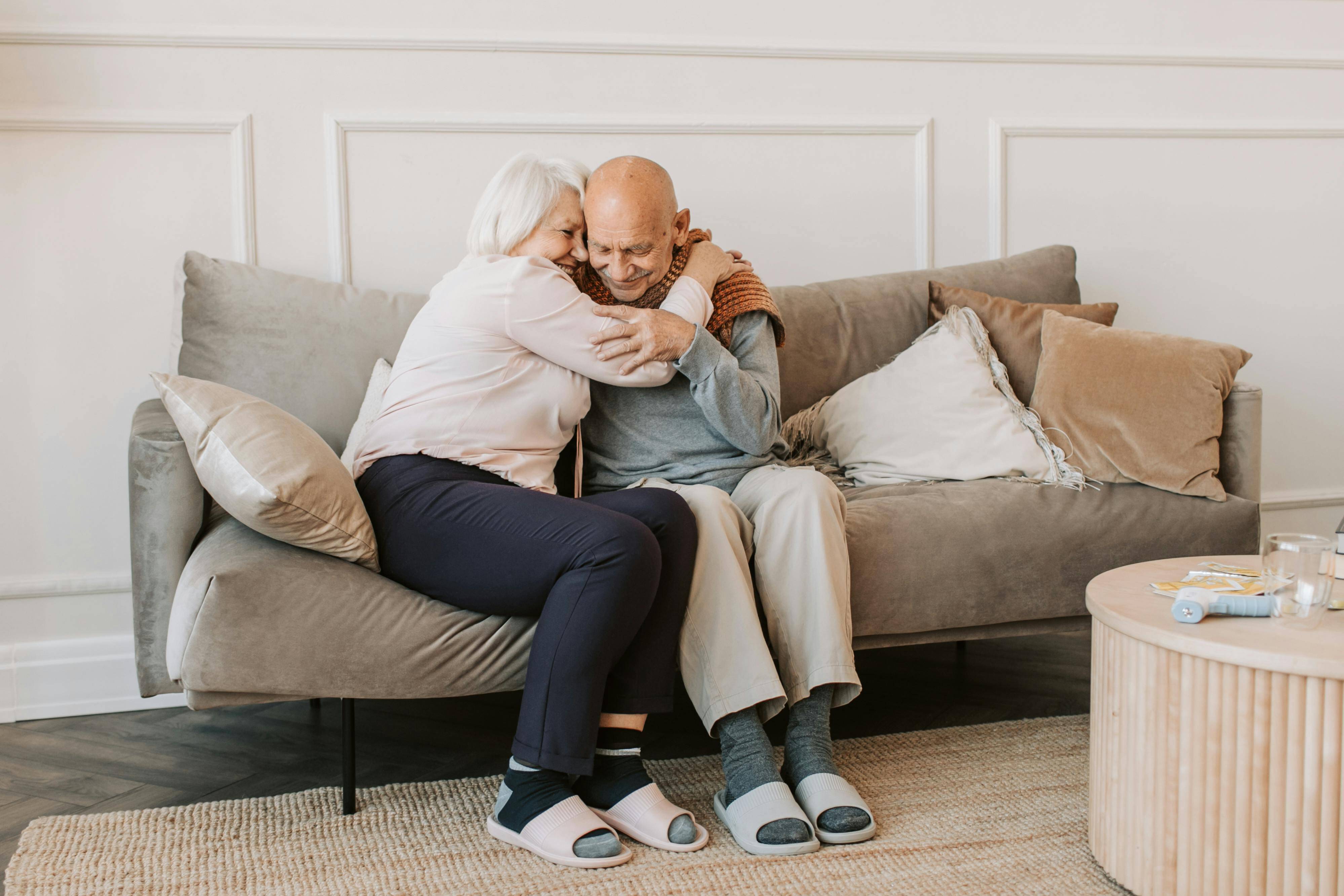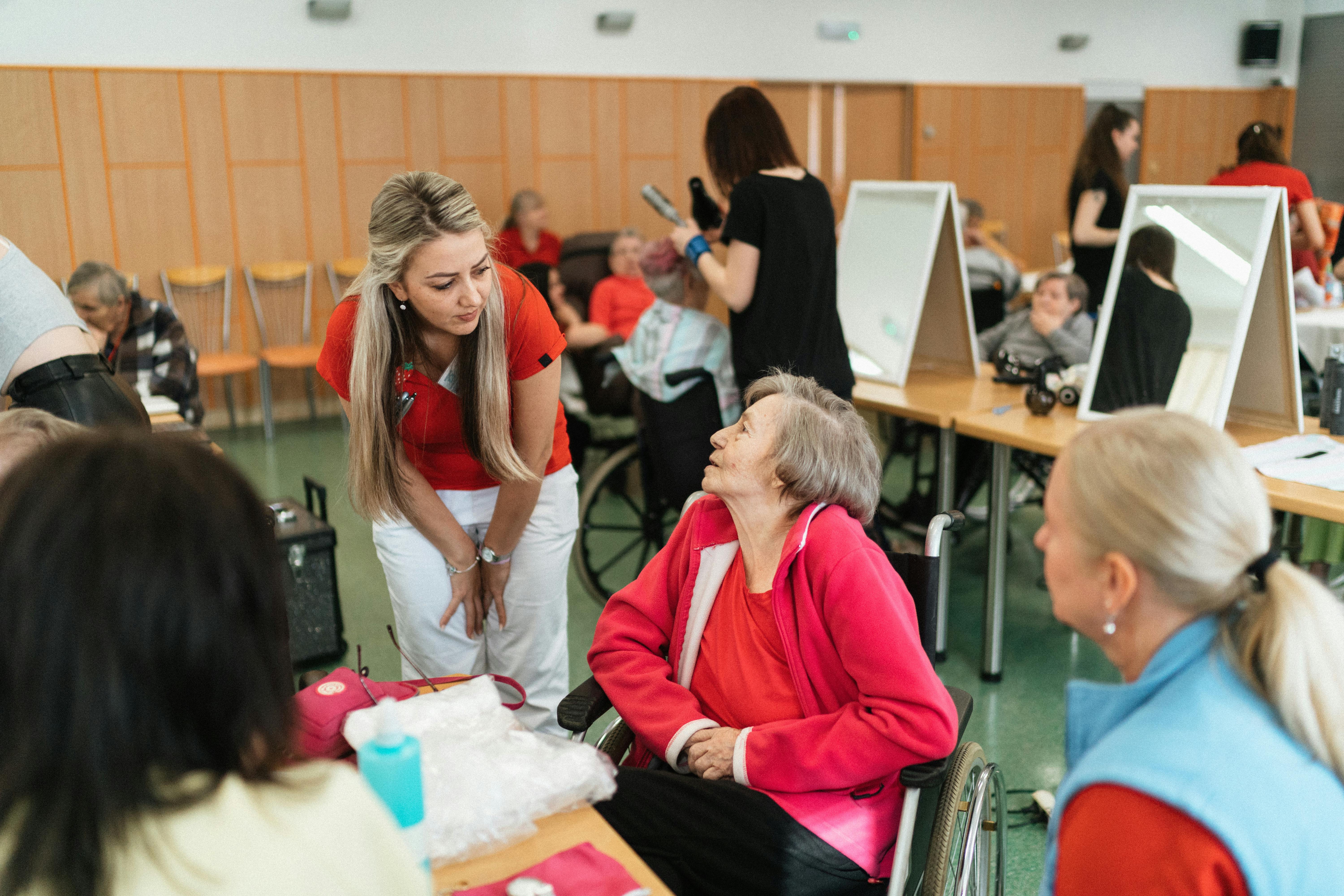A guide to support your healing journey
Losing a client can be one of the most challenging aspects of being a caregiver. Sometimes the bond you develop with a client becomes a deeply personal connection. When one of your clients passes away, it can be an incredibly painful experience. The struggle of coping with the grief of losing a client is genuine and valid. We hope this blog supports your healing journey. We wrote this to help caregivers like ourselves, navigate the complex emotions that come with the loss of a client and find ways to heal while continuing to work and support others.
Embrace Your Emotions
The journey of healing from grief begins with acknowledging and embracing your emotions. It is completely normal to experience a wide range of feelings, such as sadness, guilt, anger, or even a sense of relief. These emotions are not a sign of weakness but rather a natural response to the loss you have experienced. Take the time to reflect on your emotions and recognize that they play an integral role in your personal healing process. Notice your emotions, name them, and allow yourself to feel them.
Remember Your Impact
Reflect on the profound influence you had on your client's life. Embrace the memories of the moments filled with joy, triumph, and companionship that you offered—the beautiful and challenging moments when you were able to support and provide relief to each other. Your role as a caregiver has a lasting impact, and that influence lives on in your memory and in the lives of your client's friends and family members.".
Seek Support
Grief can often make us feel isolated and alone, but it doesn't have to be that way. Instead of facing it on your own, reach out to those who understand – friends, family, or fellow caregivers. You can also find great support and community in grief circles, in-person or online support groups, or in a more private setting with a grief counselor or therapist who can listen and empathize with what you're going through. Opening up and processing your emotions with someone you trust can bring an immense sense of relief and support.
Practice Self-Care
Prioritizing self-care is crucial when navigating the complexities of grief. It is essential to maintain a healthy routine, nourish your body with nutritious meals, ensure you get enough rest, and do things that bring you joy and relaxation. Taking care of yourself helps in your healing process.
Pay Tribute to Their Legacy
If you developed a deep bond with your client, you may feel a desire to preserve their memory in some way or do something to honor their life. This can take many forms from making a craft to volunteering time or donating to a cause. Do what feels right. If you do feel called to pay tribute to their memory, you can embark on this path by creating a keepsake that captures the precious moments you shared together. This could be a carefully crafted scrapbook, journaling where you reflect and write down memories, or a digital photo album - these tangible reminders will help you honor your relationship.
Give Yourself Time
Grieving is a deeply personal journey that requires time and patience. It's important to be gentle with yourself and allow yourself to mourn at your own pace. Remember that there is no timeline for healing, each of our experiences and each person's experience is unique.
“Grief is like the ocean; it comes on waves ebbing and flowing. Sometimes the water is calm, and sometimes it is overwhelming. All we can do is learn to swim.”
― Vicki Harrison
Losing a client can be hard, but it's important to acknowledge that your feelings are valid and that there is support available to help you through this difficult time. By embracing your emotions, seeking the support of loved ones, and prioritizing self-care, you can navigate the grieving process and find ways to honor your client's memory while healing your own heart. In doing so, you continue to carry forward the love and compassion that was shared, making a lasting impact.
We at Home Care Associates support our caregivers through grief by supporting each other like family. We listen to each other and more tenured caregivers offer mentorship to newer caregivers. If you would like to learn more about our Cooperative and become a part of our close-knit family, please don't hesitate to reach out to us.







